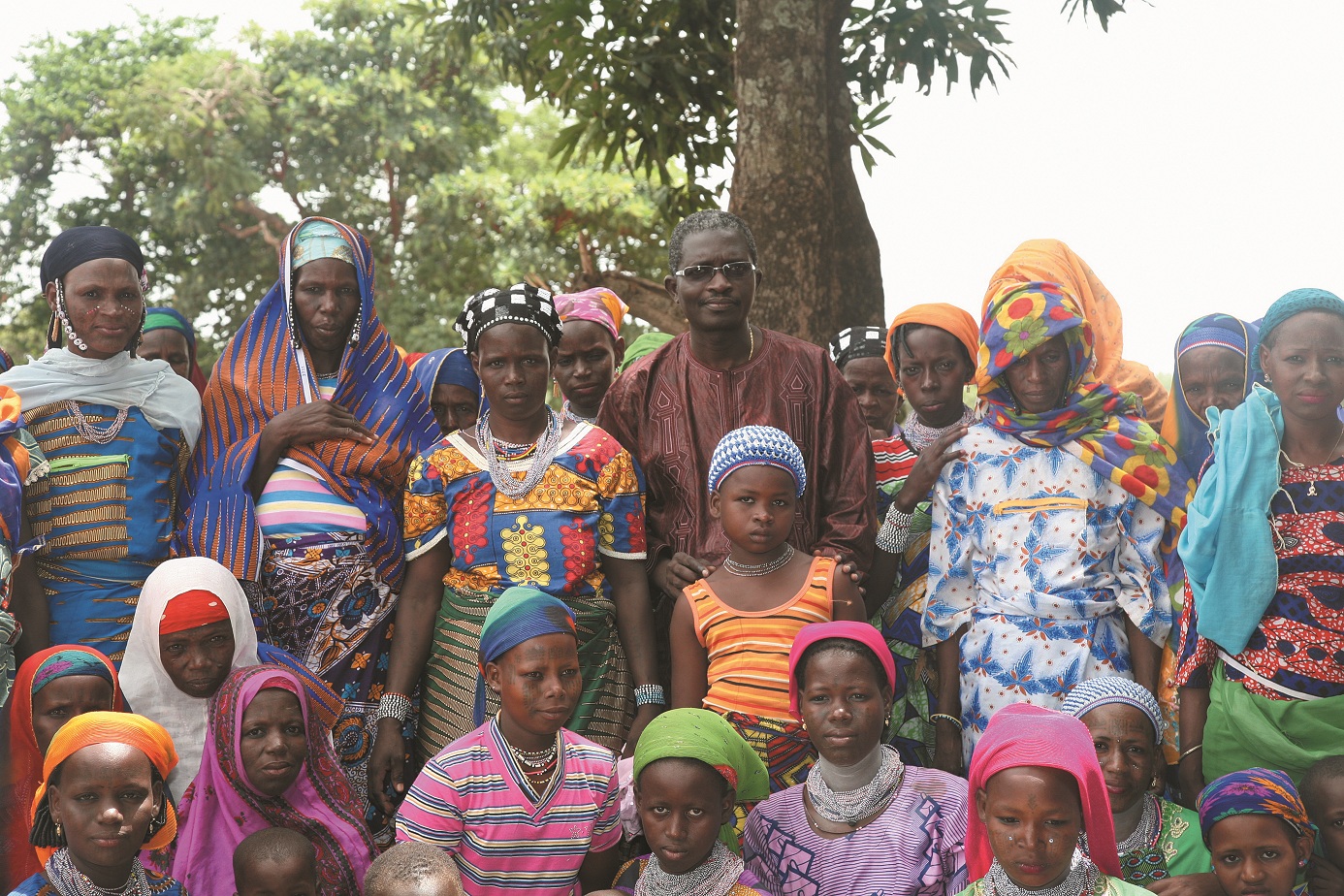
(This post is part of an ongoing series on food security and is adapted from the Winter/Spring 2012-13 issue of Knowledge and Innovation Network Journal, a technical publication featuring lessons, innovations, ideas, and thinking behind MCC’s poverty reduction investments around the world.)
Does having a title to your land lead to increased food security for you and your family?
A rigorous impact evaluation of MCC’s Access to Land Project in Benin hopes to prove it does. Noting unclear property rights can act as a binding constraint to economic growth in Benin, MCC set out to map and formalize land rights throughout the country. In addition to an urban parcel titling program, the project worked with 400 villages to create rural landholding plans, which map the land around each village and define and record the customary rights of possession to each parcel.
These records are archived, creating a system of recording land transactions and settling land disputes. The planned impact evaluation, conducted by the World Bank and projected to be published later this year, asks questions about changes in behavior as a result of participation in this rural landholding planning endeavor:
- Are land rights perceived as more secure?
- Do land markets work more efficiently and is land used more productively long-term?
- Is there an increase in the planting of perennials, tree crops and other agricultural investments?
- Is there an increase in trust in local institutions?
- Are people more engaged in village land management?
- Does paid wage employment change?
- Do women participate more in household decision-making?
- Does the experience of women-headed households differ from that of male-headed households
Though it is too early to answer these questions with statistical data, anecdotal evidence suggests that villages that have formalized their land rights through this process have seen an increase in the active use of fields and the planting of higher-value perennial and tree crops. When the findings of the evaluation are released, positive results will indicate that this model is an effective way to increase investments in the agricultural sector and contribute to food security in rural areas throughout Africa.
Tell us what you think! Have you observed or experienced increases in agricultural investment following the formalization of land rights? What other models of land formalization elsewhere have been successful?
Click here to read the full article.

